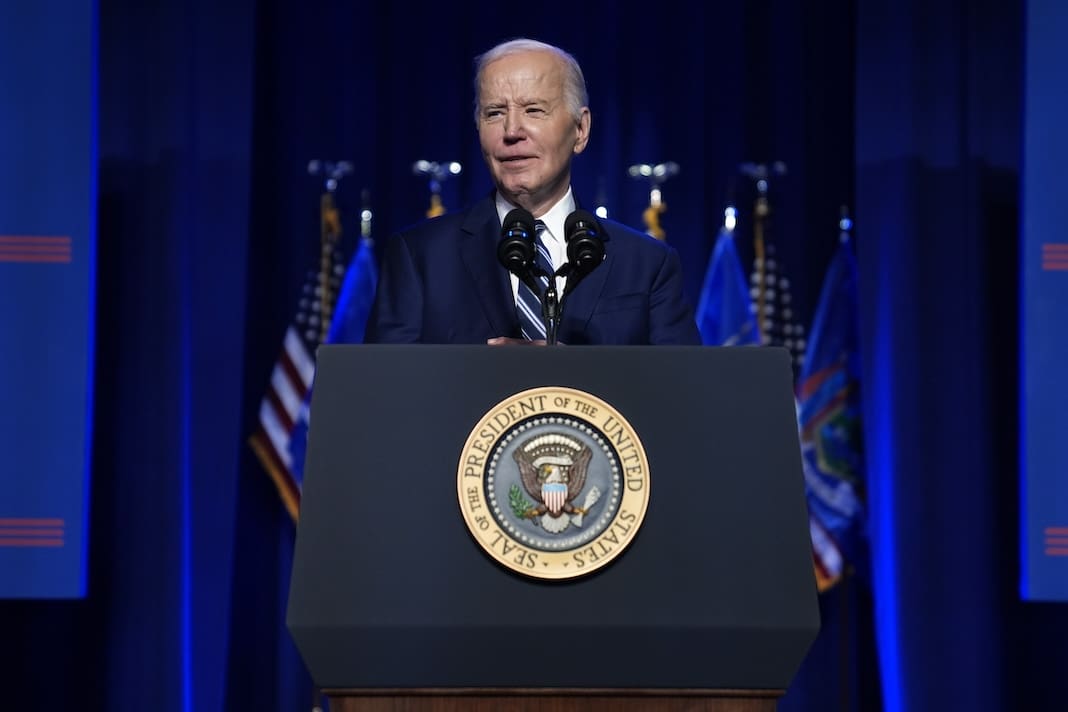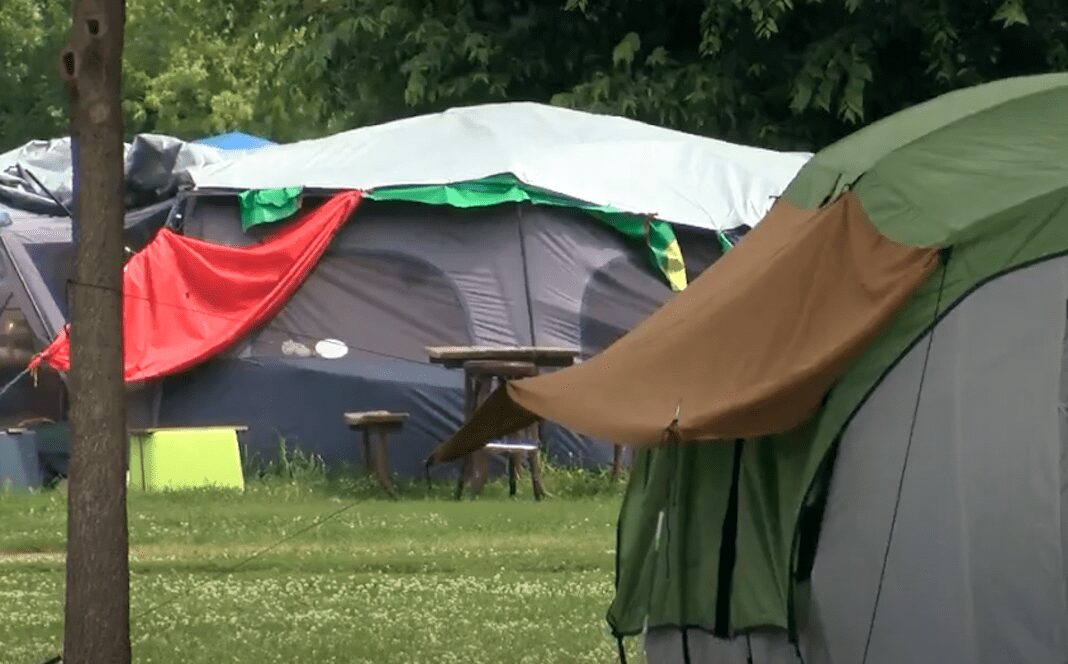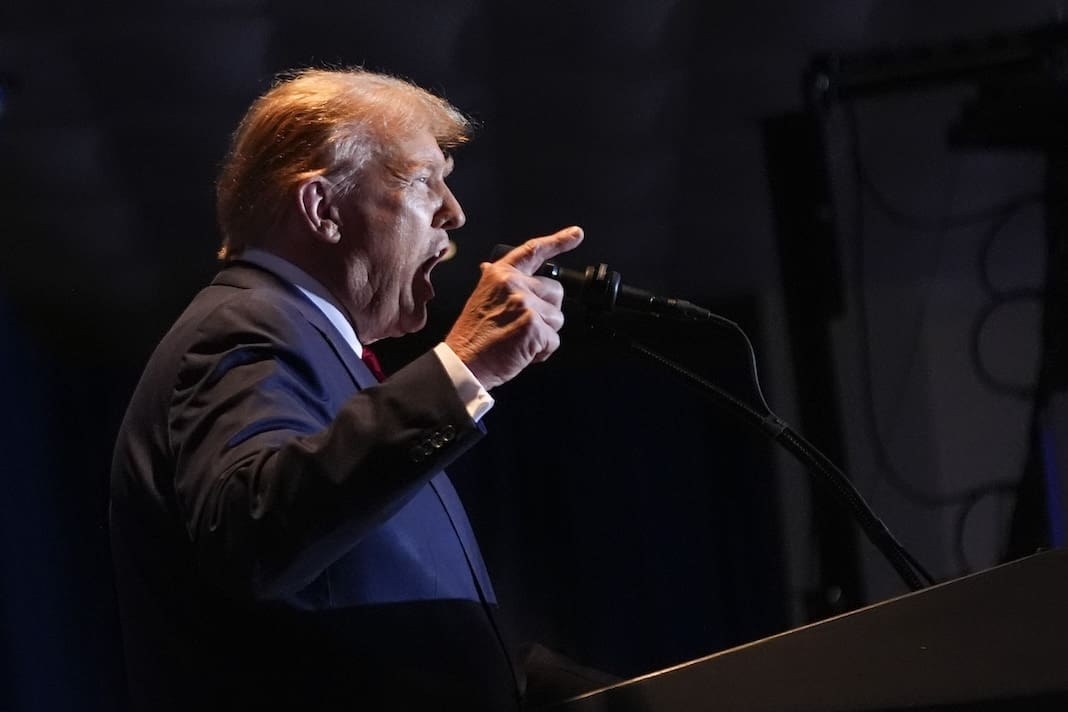Evers signs legislation for major expansion of Wisconsin vehicle charging network
Gov. Tony Evers’ action was praised by Clean Wisconsin, a nonprofit group dedicated to combating climate change and pollution.

Gov. Tony Evers signed two pieces of legislation on March 20 that will allow Wisconsin to deploy federal funds to expand the state’s electric vehicle charging infrastructure.
“Expanding EV charging infrastructure is a critical part of our work to ensure Wisconsin is ready to compete and build the future we want for our kids—one that is cleaner, more sustainable, and more efficient. Thanks to President Biden’s Bipartisan Infrastructure Law, we’re ready to get to work,” Evers said in a statement.
The laws, Wisconsin Acts 121 and 122, authorize the state to use a grant from the Department of Transportation that was first announced in 2022. The National Electric Vehicle Infrastructure Formula Program was created by the Infrastructure Investment and Jobs Act signed by President Joe Biden in 2021. Under that program, states submitted plans for how they planned to deploy electric vehicle chargers.
The Biden administration has said its ultimate goal is to make electric vehicle charging available along 53,000 miles of highway in the United States.
Wisconsin was among the first group of 35 states and territories to receive an award. The $78 million will be sent to the state over a five-year period.
Evers’ action was praised by Clean Wisconsin, a nonprofit group dedicated to combating climate change and pollution.
“A statewide charging network will help more drivers make the switch to electric vehicles, slashing air pollution and greenhouse gas emissions while creating more jobs and opportunities for local businesses,” Chelsea Chandler, the group’s Climate, Energy and Air Program director, said in a statement.
Wisconsin Department of Transportation Secretary Craig Thompson said in a release that in a short time travelers along 85% of the state’s highway system will always be within 25 miles of a charging station.
One of the new laws, Act 121, will allow businesses that run commercial charging stations to charge customers per kilowatt hour, which only regulated utilities were previously allowed to do; other providers have had to charge them based on the amount of time they spend using the stations. There will also be a state tax on vehicle charging. Wisconsin businesses interested in offering a charging station on their property can now petition the Wisconsin Department of Transportation for approval.
The other law, Act 122, gives the state government the authority to use the federal award to support businesses that offer charging.
A 2023 study commissioned by the Wisconsin Economic Development Corporation determined that an electric vehicle ecosystem in the state could become a major driver of economic growth in the next few years. The study cited the strength of the state’s technical colleges and Wisconsin’s strategic place within the automotive supply chain as factors in this potential future growth.
As an example of this, the Evers’ administration noted the August 2023 announcement by Ingeteam, a manufacturer based in Spain, that it would be expanding the capacity of its existing plant in Milwaukee to meet the demand for chargers. Ingeteam said it expected its investment to result in the addition of up to 100 new jobs in the area.




